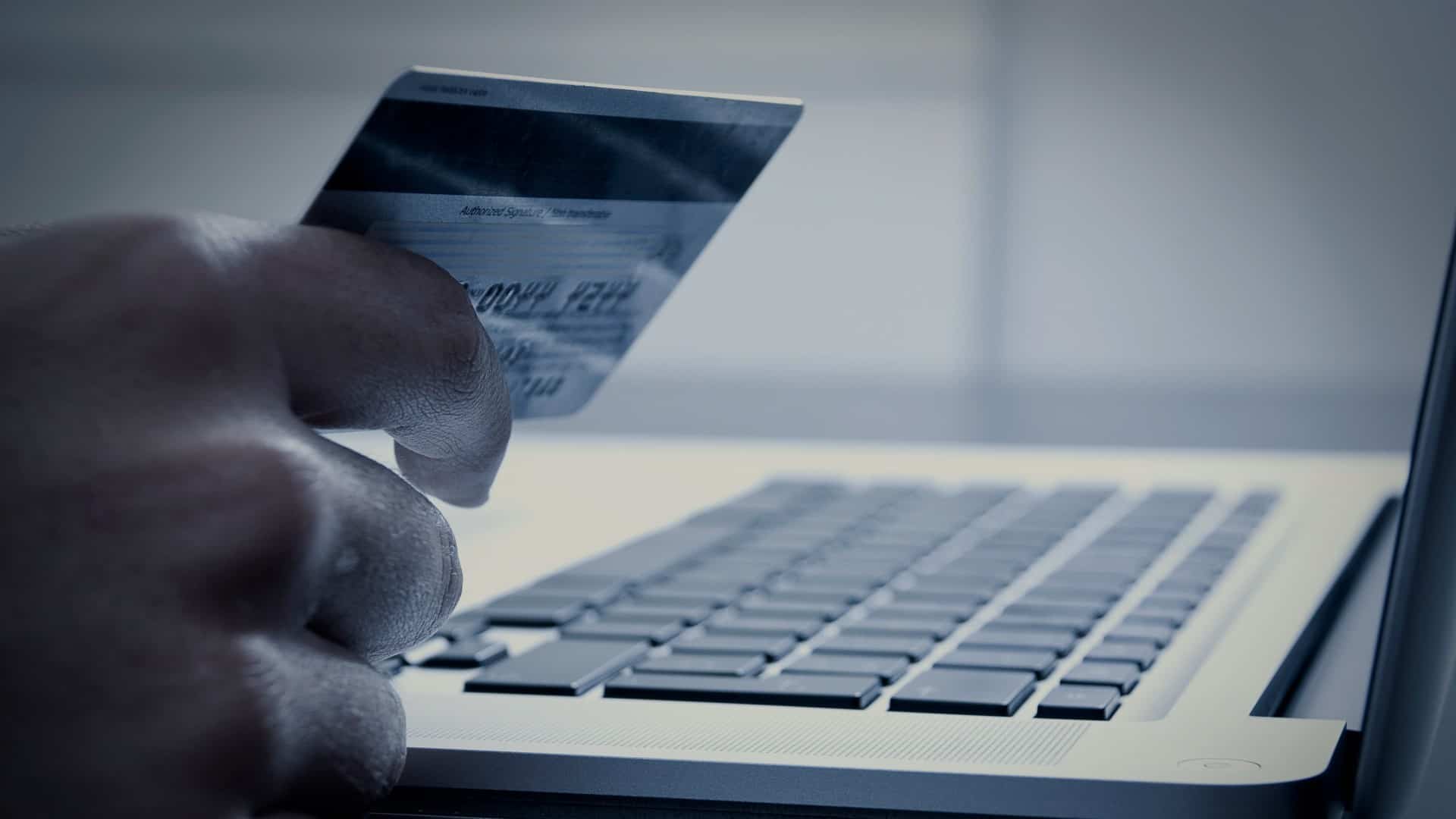DEFINITION OF ONLINE BANKING
Online banking, which also goes by the name internet banking, has undoubtedly changed the banking industry. A decade ago, the thought of going to the bank for simple transactions wore many people out. At the time, they did not have much choice but to make the commute. But with the introduction of online banking, this is no longer the case. You can avoid those long queues at banking halls and get transactions done from the comfort of your home.
Definition
Thus, begs the question, what does online banking involve? The easiest way to describe it would be the ability to access your bank account using electronic devices. That means that you can view your account and make transactions from your phone or other such devices. Not only is it easy, but in most cases, it is free. The icing on the cake is that you do not need to call on the bank for most transactions. If you are lucky, you can use an app for all this, depending on the financial institution you use.

Uses
What can you do? What transactions can you carry out? While this form of banking has eased operations, you cannot do everything from your phone. Sometimes, you have to make that trip to the banking hall.
In most cases, though, you can avoid the queues. Most institutions allow you to check your accounts and statements, cancel standing orders and direct debits, pay your bills, and other such activities. It is a quick way to go paperless, as long as you have an arrangement with the bank. Also, you can keep an eye on your investments while on the go.
Rising Concerns
Security is a paramount issue when it comes to handling finances over the phone, tablet, or computer. With hackers all around us, you never know who may access your account. How can you ensure that you stay safe while enjoying this convenience? Well, you should talk to your bank about any security measures that they have in place. These may include avoiding phishing emails, checking your account often, reporting unauthorized transactions, and the likes. Simple things such as using private Wi-Fi and using updated security software matter a lot. There are many advantages of online banking in our daily routine, find them out.
You still need to visit the banking hall now and then for other services. However, for the most part, you can avoid doing so when working on minor transactions.
History
Now, who do we have to thank for this fantastic convenience? Well, this is how this all began: Online banking has a history that dates back to the 1980s. At this time, it was the norm to use banking halls even for the tiniest transactions. It all started with the ability to access accounts using a landline telephone. Later on, modes of access increased.New York City was the first region to test out this form of banking back in 1981. This testing took place in four major banks in the city – Citibank, Chemical Bank, Manufacturers Hanover, and Chase Manhattan. These were the breaking grounds for this new invention. It became evident that it had paved the way for easy access to banking services. From that point, there was no stopping it.

Two years later, the Bank of Scotland made it possible for their clients to access their accounts from their homes. They used TV and telephone connections to the internet to initiate transactions. Given that they could pay their bills and send and receive money, they termed it as online banking. Eleven years later, Stanford Federal Credit Union in the United States offered what we know as internet banking. Clients could access their accounts using the internet, and many banks followed suit with the offering.
The Future
At present, the concept of online banking is no longer out of the norm. Most people feel comfortable accessing their accounts remotely. Projections show that the practice will get easier over time. What is your take on this?
